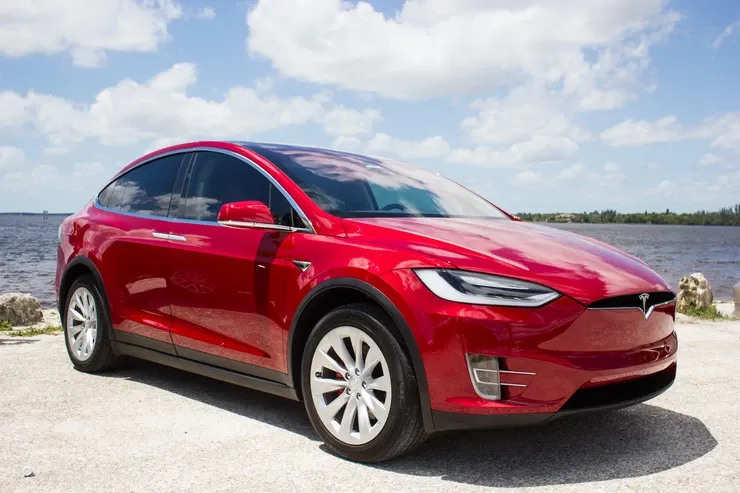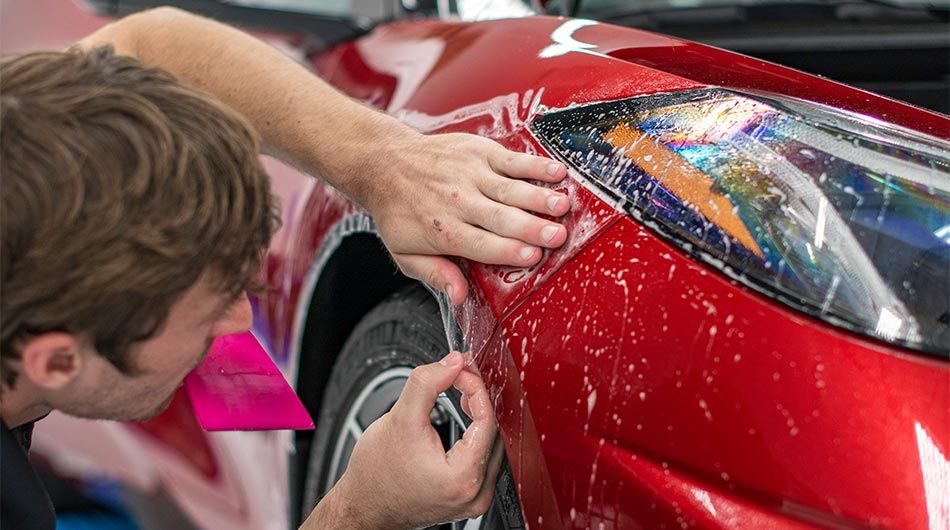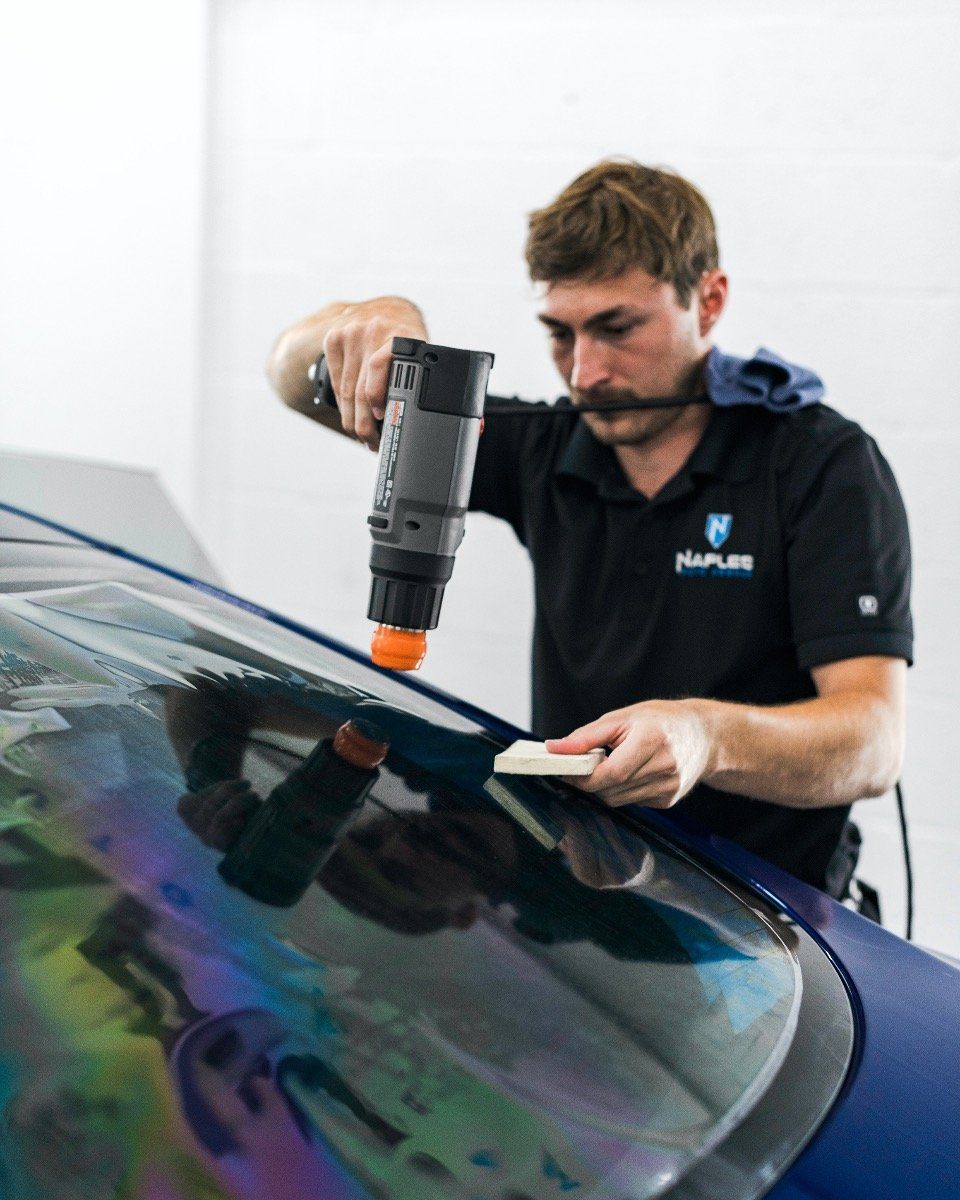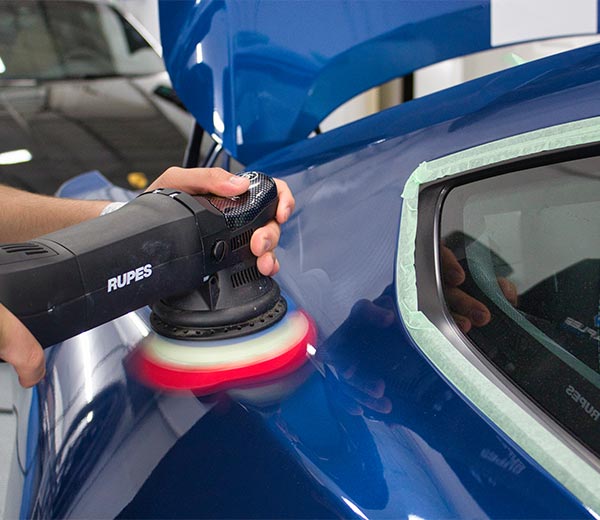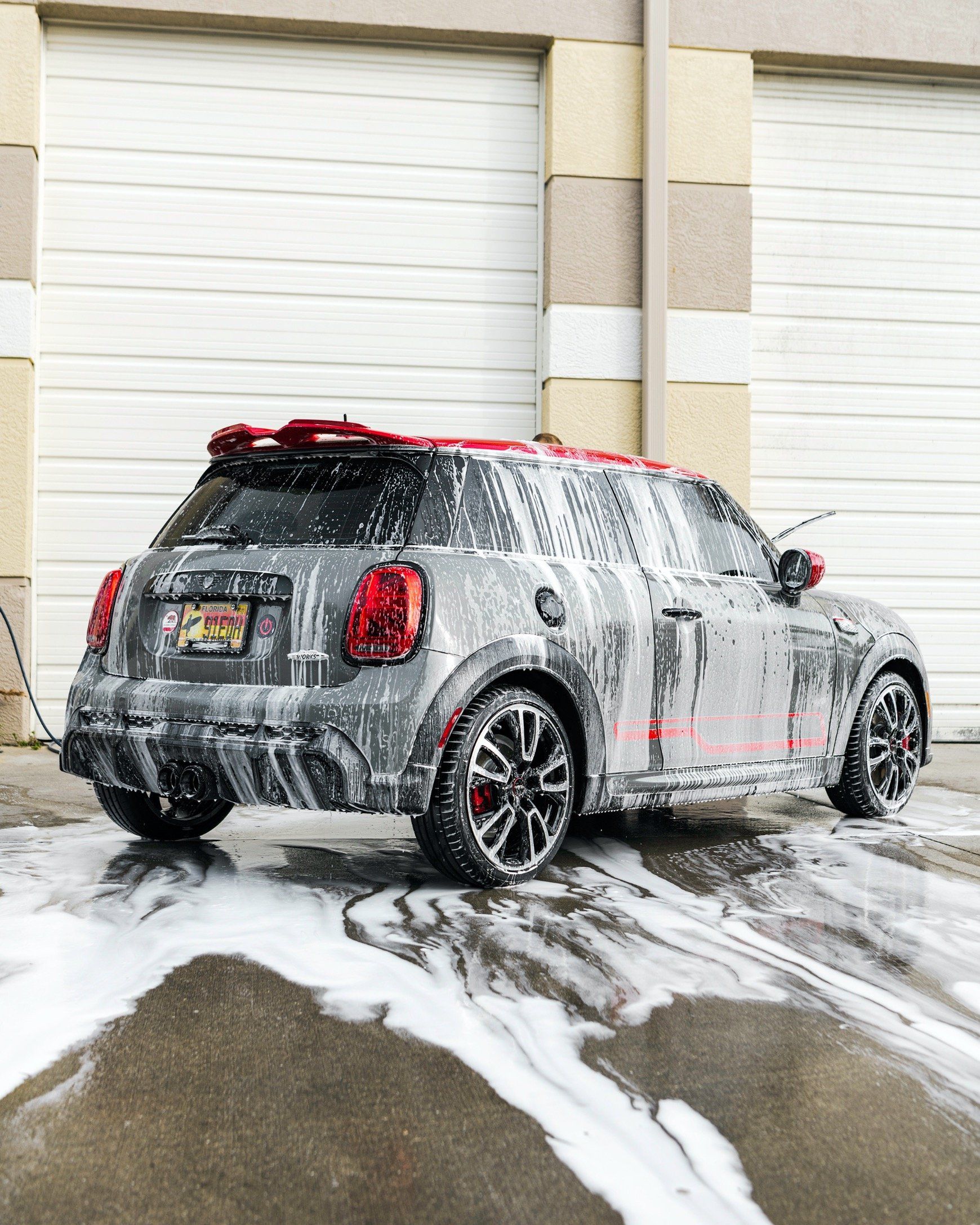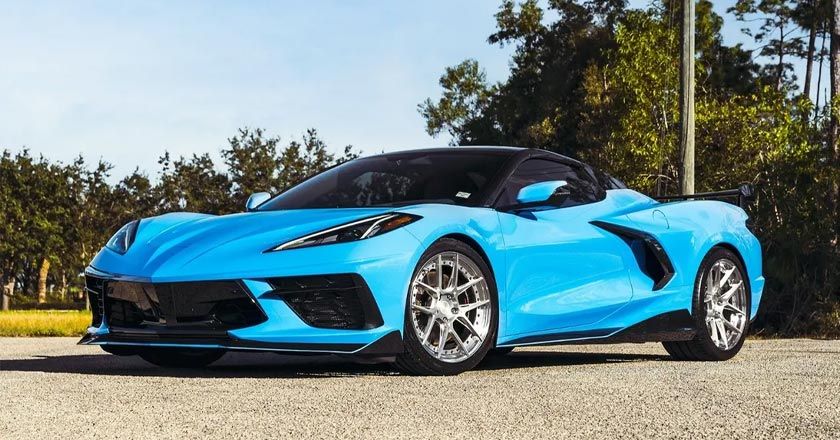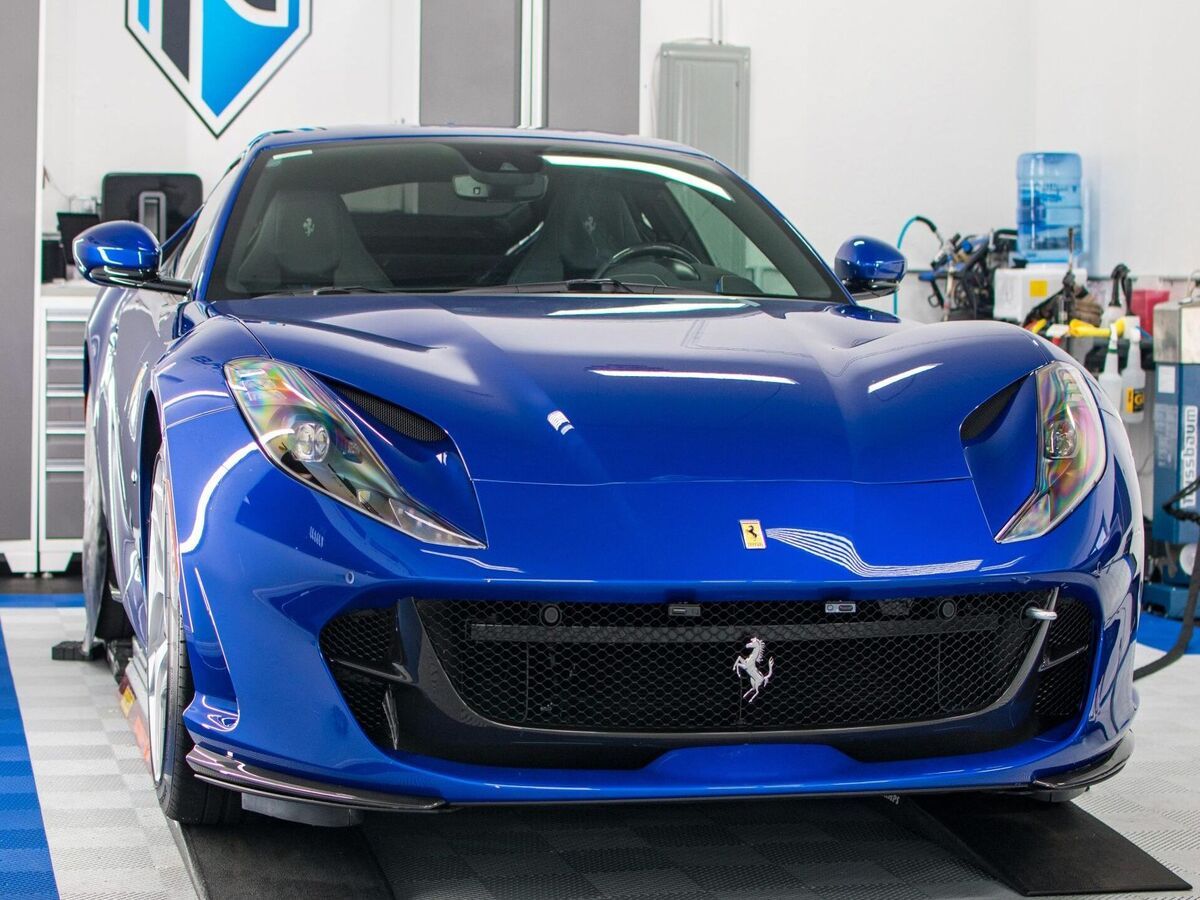Factors to Consider Before Installing Window Tinting for Your Car
Car window tinting is a popular choice for many vehicle owners. It not only enhances the aesthetics of the car but also provides several practical benefits. However, there are certain factors that you should be aware of before taking the plunge and getting your windows tinted.
Window tinting can be a great addition to your vehicle, but it's essential to have all the necessary information beforehand. In this article, find out what you need to know about car window tinting before getting it, ensuring you have a clear understanding and can enjoy the benefits it brings.
Understanding Car Window Tinting
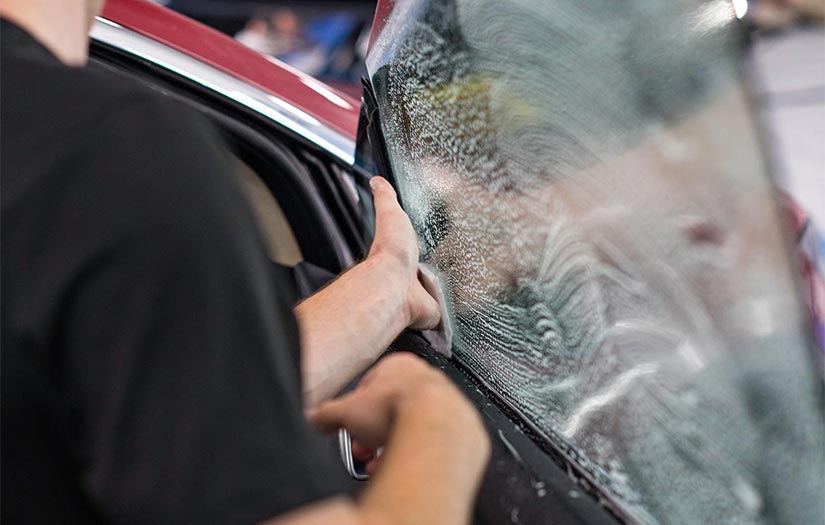
Car window tinting is a popular automotive aftermarket enhancement that involves applying an ultrathin film to the inside surface of a vehicle's windows. This film serves multiple purposes, ranging from reducing glare from headlights and protecting against harmful UVA and UVB rays to increasing privacy.
With its numerous benefits, it's no wonder that many car owners are considering window tinting to enhance their driving experience.
Amazing Benefits of Window Tinting
Car window tinting provides an array of benefits that go beyond simply enhancing aesthetics. Let's take a closer look at some key advantages:
Privacy
Window tinting adds an extra layer of privacy by making it more challenging for onlookers to see inside your vehicle. This can be particularly beneficial when parked in busy areas or during times when you want to keep valuable items out of sight.
Protection from UV Rays
Harmful ultraviolet (UV) rays from the sun can not only damage your skin but also cause interior fading and cracking over time. Window films with UV protection properties can block a significant portion of these rays, safeguarding both you and your vehicle's interior.
Heat Reduction
Window tinting can help combat the sweltering heat in hot climates by reducing the amount of solar energy that enters your car. This can result in a more comfortable driving experience and lessen the reliance on air conditioning, ultimately saving fuel.
Glare Reduction
Excessive glare from sunlight and headlights can be distracting and potentially dangerous while driving. Tinted windows can significantly reduce glare, allowing for better visibility and minimizing eye strain.
Shatter Resistance
In the unfortunate event of an accident or attempted break-in, window tinting can provide an added layer of protection by holding shattered glass together. This can potentially minimize injuries from flying glass shards.
Remember that the extent to which these benefits are realized may vary based on the quality and type of window film used, as well as proper installation procedures. Consulting with professionals who specialize in car window tinting can help you make informed decisions that suit your needs and comply with local regulations.
Types of Window Tinting for Your Car
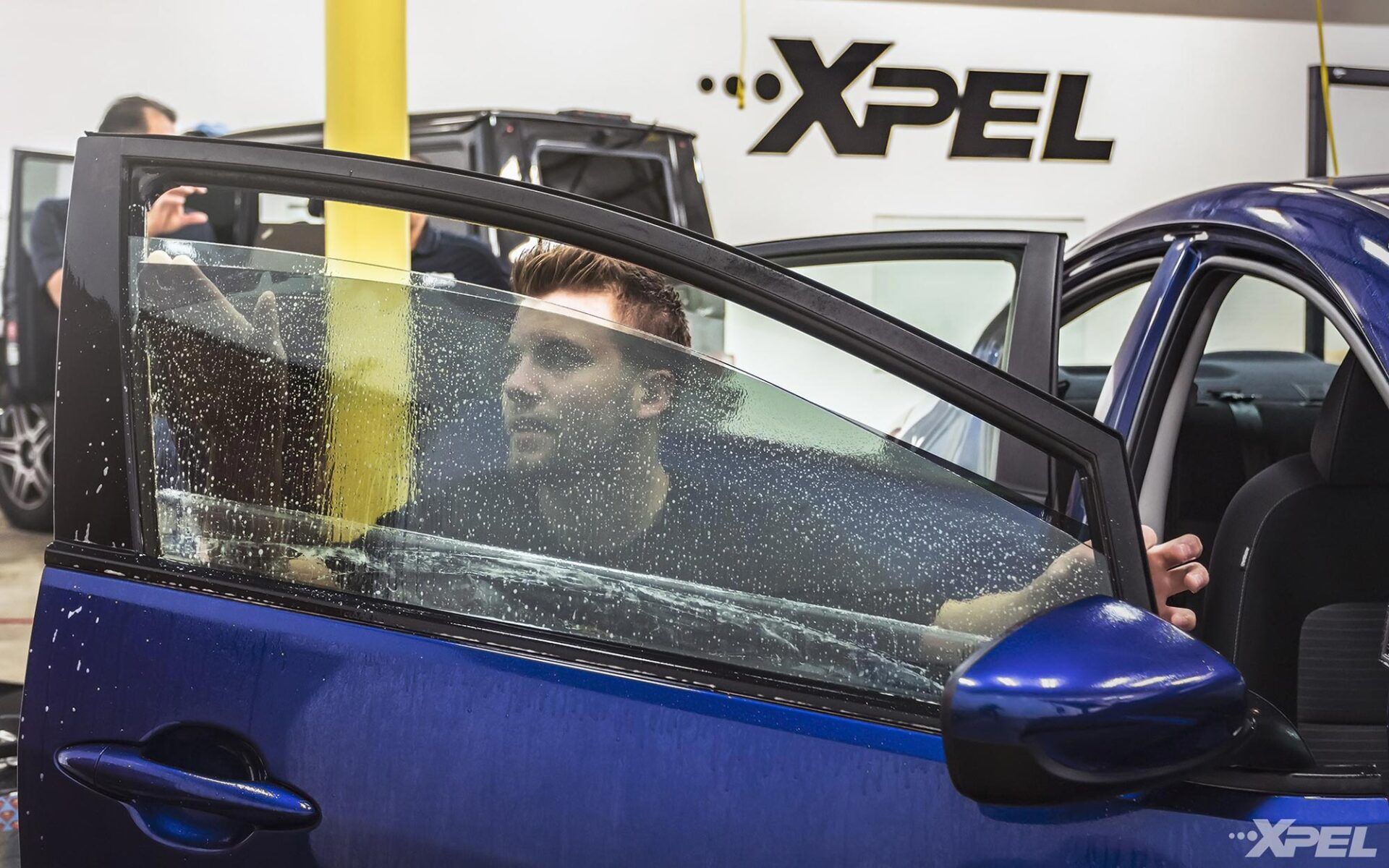
There are several types of window tints available to cater to different needs and preferences. Each variation offers unique features and characteristics that make them suitable for specific situations.
- Ceramic Tint: Considered the most effective but also the most expensive type of window tint, ceramic films use advanced technology to provide superior heat rejection while allowing optimal visibility. They also block a significant amount of UVA and UVB rays, providing enhanced protection against sun damage.
- Carbon Tint: Carbon window tint is known for its durability and excellent UV protection properties. It does not interfere with electronic signals, making it a good choice for those concerned about GPS or cell phone reception. Carbon tints also have a sleek appearance that adds to the overall aesthetics of the vehicle.
- Metallic Tint: Metallic window tints utilize tiny metal particles within the film to reflect and block heat from entering the vehicle. While they offer great heat rejection capabilities, metallic tints can potentially interfere with radio signals and other electronic devices.
- Dyed Film: Dyed window films are the most affordable option but tend to have a shorter lifespan compared to other types of tints. They provide good heat reduction and glare reduction while maintaining acceptable visibility. However, dyed films are more prone to fading over time.
- Hybrid Tint: As the name suggests, hybrid tints combine elements of both dyed film and metallic tints. This provides better heat rejection than dyed films while minimizing potential interference with electronic signals.
For instance, if you're primarily looking for optimal heat rejection and UV protection, ceramic window tints might be the ideal choice for you. On the other hand, if you're working within a budget but still want decent heat reduction, a dyed film could be a suitable option.
Visible Light Transmission: Navigating Legal Requirements
Visible Light Transmission (VLT) refers to the percentage of light that is allowed to pass through the tinted windows. Different jurisdictions have distinct regulations regarding VLT limits for various windows in a vehicle. It's essential that you familiarize yourself with these requirements to ensure compliance and avoid any unnecessary legal issues or fines.
Navigating these legal requirements may seem overwhelming, but they exist for a reason. They ensure that drivers have adequate visibility and that law enforcement can maintain safety on the roads. Be sure to research and adhere to your local regulations before proceeding with window tint installation.
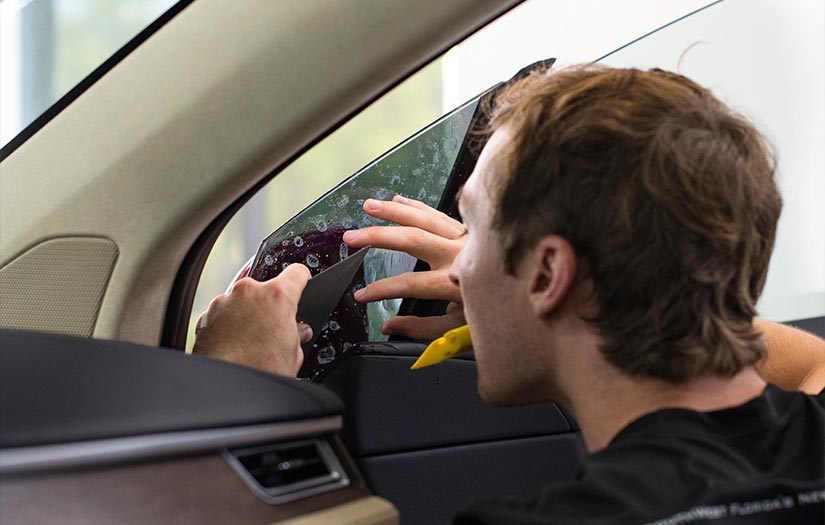
DIY vs. Professional Window Tinting Installation
While DIY kits may seem enticing due to their lower upfront cost, professional installation offers several distinct advantages.
DIY Window Tinting
It's important to consider that the process requires skill and precision. Without proper knowledge and practice, one may end up with bubbles, creases, or improperly aligned tints that not only compromise the appearance but also hinder functionality. Investing in professional installation ensures that experienced technicians adhere to industry standards and apply the tint flawlessly.
Professional Window Tinting
Professional window tinting installers have access to superior-quality materials and specialized tools that may not be available in DIY kits. Higher quality films are less likely to fade or peel over time and provide better heat rejection properties.
Furthermore, reputable tinting shops often provide warranties that cover any issues that may arise in the future. This provides peace of mind and assurance that the quality of the installation is guaranteed.
However, it's important to acknowledge that some individuals may have successfully undertaken DIY window tinting projects. If you are confident in your skills, research extensively, and practice on smaller windows before attempting a full car tint, it’s possible to achieve satisfactory results. Nonetheless, keep in mind that any mistakes or flaws can be costly to correct and may even lead to the need for professional intervention.
Invest in Professional Window Tinting For Your Vehicle
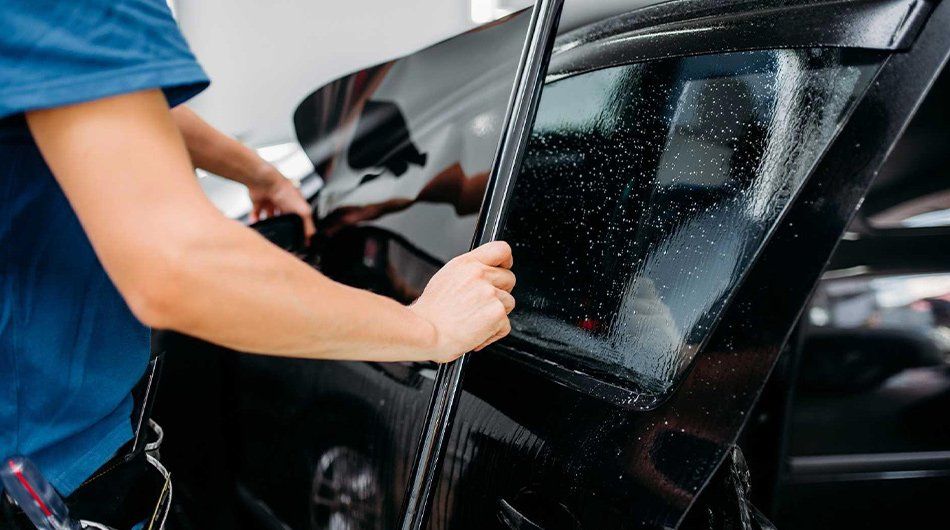
If you’re tired of the scorching sun damaging your car's interior and causing discomfort during those hot summer months in Naples, Florida, we can help! At Naples Auto Armour, our professional window tinting is the solution you've been looking for! With its numerous benefits, such as UV protection, heat reduction, increased privacy, and enhanced aesthetics, it's a worthwhile investment for car owners like yourself.
Imagine driving around town in your perfectly tinted vehicle, with the temperature kept cool and your upholstery protected from fading. Not only will it make your driving experience more enjoyable, but it'll also add a touch of sophistication to your car's appearance.
Our Naples auto detailing company also offers window tinting services in Fort Myers, FL, and its surrounding areas.
Contact us today at
(239) 378-2336 to schedule an appointment and get your car professionally tinted in Naples, Florida.
Naples Auto Armor Blog
